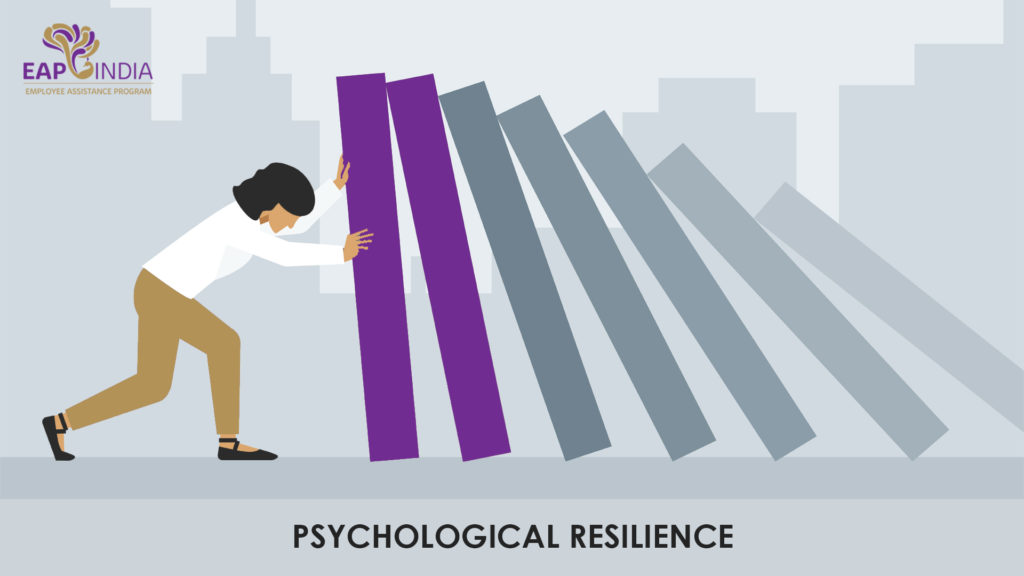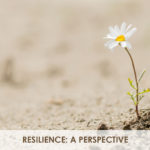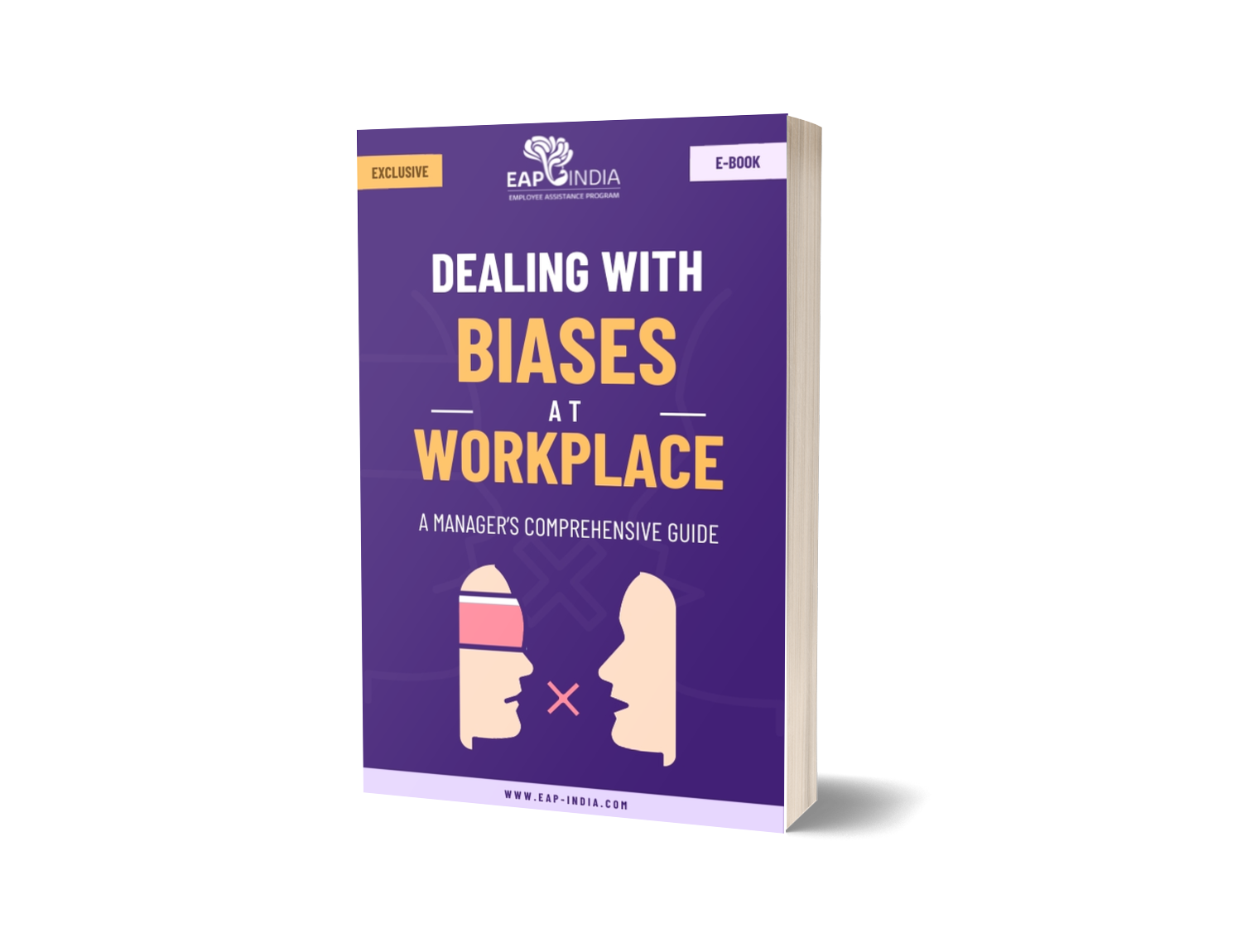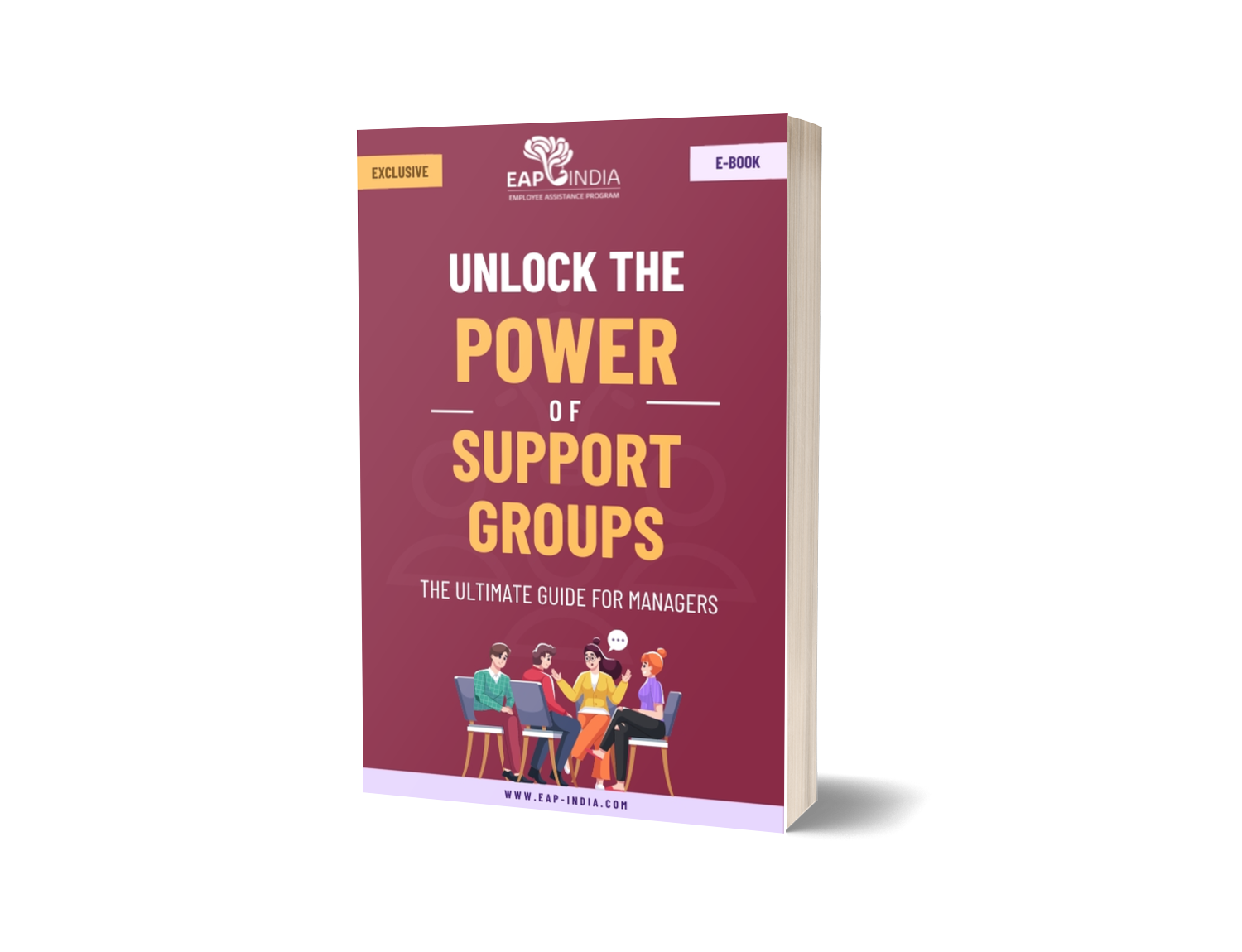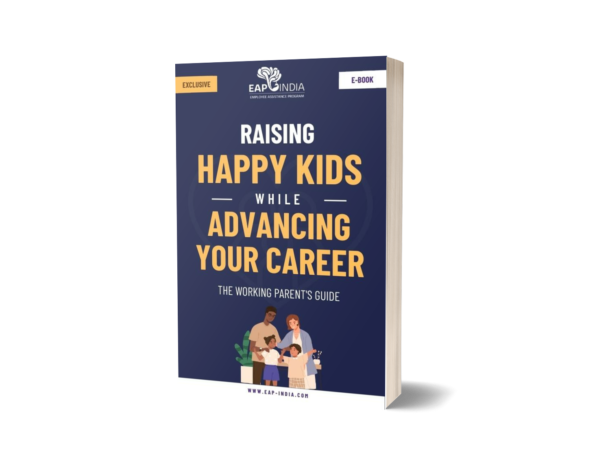Resilience is the key to survival. Every day we see people succumb to the emotional pressures of their lives, but we also see so many others being resilient in their recovery stories, triumphed against all odds and revival.
This means that, we can too be resilient emotionally & come back to a meaningful & quite engaged life. It also means that life is resilient. We can always learn how to be resilient through our tough times and come back with a positive joy of living, one where we can learn things and develop ourselves.
What Is Psychological Resilience?
Psychological resilience is a developmental & psychosocial process through which individuals when exposed to sustained adversity or traumatic events experience positive psychological adaptation over time.
Resilience involves a complex interaction of multiple mechanisms ranging from the individual-level to the structural.
7C’s Of Resilience For Young Adolescents And Children
Seven C’s of resilience are especially important to help young adolescents facing health problems. The 7 C’s of resilience include:
- Control: Provide opportunities which lend a sense of control. Having health problems can make the person feel they are terribly out of control. Offer choices instead of ordering and making a schedule for the person to make them feel like they’re in control.
- Competence: Encourage a child to ask questions, participating in managing their own schedules. The adolescent should feel competent by handling their challenges.
- Coping: Respecting the adolescent’s coping style. By making them understand that coping is a healthy way of getting through a situation, you can offer ideas for additional healthier coping strategies, like journaling, or gratitude writing, etc.
- Confidence: Praise the adolescent’s confidence by praising them for overcoming obstacles. Help the person recognize small successes before moving on to the next challenge.
- Connection: Providing the child a strong sense of emotional security by encouraging him to express all of his feelings, acknowledge and support their feelings. Feeling heard helps strengthen emotional bonds.
- Character: Help the child explore who they are, what are their values, morale, gifts that they possess that can be shared with others.
- Contribution: Explore situations with the adolescents where he can feel he’s contributing to make the world a better place, & find way to bring those kinds of situations to life.
Why Being Resilient Is Important?
Joshua Miles (therapist & counselor) lists a few of reasons why resilience is a great trait to have:
- Improves learning & academic achievement
- Lower absences from work/school due to sickness
- Tend to be more involved in the community & family activities
- Lower rate of mortality & increased physical health (2015)
- Reduced risk-taking behaviors like excessive drinking, smoking, & use of drugs.
How To Be Self-Learned Resilient?
Self-learned resilience is when you build up resilience in yourself through concerted effort. There are many ways to build up self-learned resilience. Below are few ways you can be self-learned resilient:
- Allow yourself to feel a wide range of emotions
- Be mindful of your wellness & self-care
- Try your best to maintain a routine
- Find a sense of purpose in life, which will help boost you up on difficult days
- Develop a strong social network of people who support you & who you can confide in
- Embrace change as the inevitability that it is, and be ready for it
- Take action to solve problems rather than waiting for the problem to solve itself
- Face your fears & challenge yourself; expose yourself to things that scare you in increasingly larger doses
- Practice self-compassion. Try to be mindful, remind yourself that you’re not alone, & be kind to yourself
- Cultivate forgiveness by letting go of grudges & letting yourself off the hook (2016)
Conclusion
We often forget about how much power and control we have over our lives & our circumstances. Resilience captures how people not only survive a variety of challenging circumstances, but thrive in the face of such adversity. Resilience is a developmental process, unfolding over time & circumstances. Resilience has also been found to boost your immune system functioning.
“Although the world is full of suffering, it is also full of the overcoming of it.” – Helen Keller


